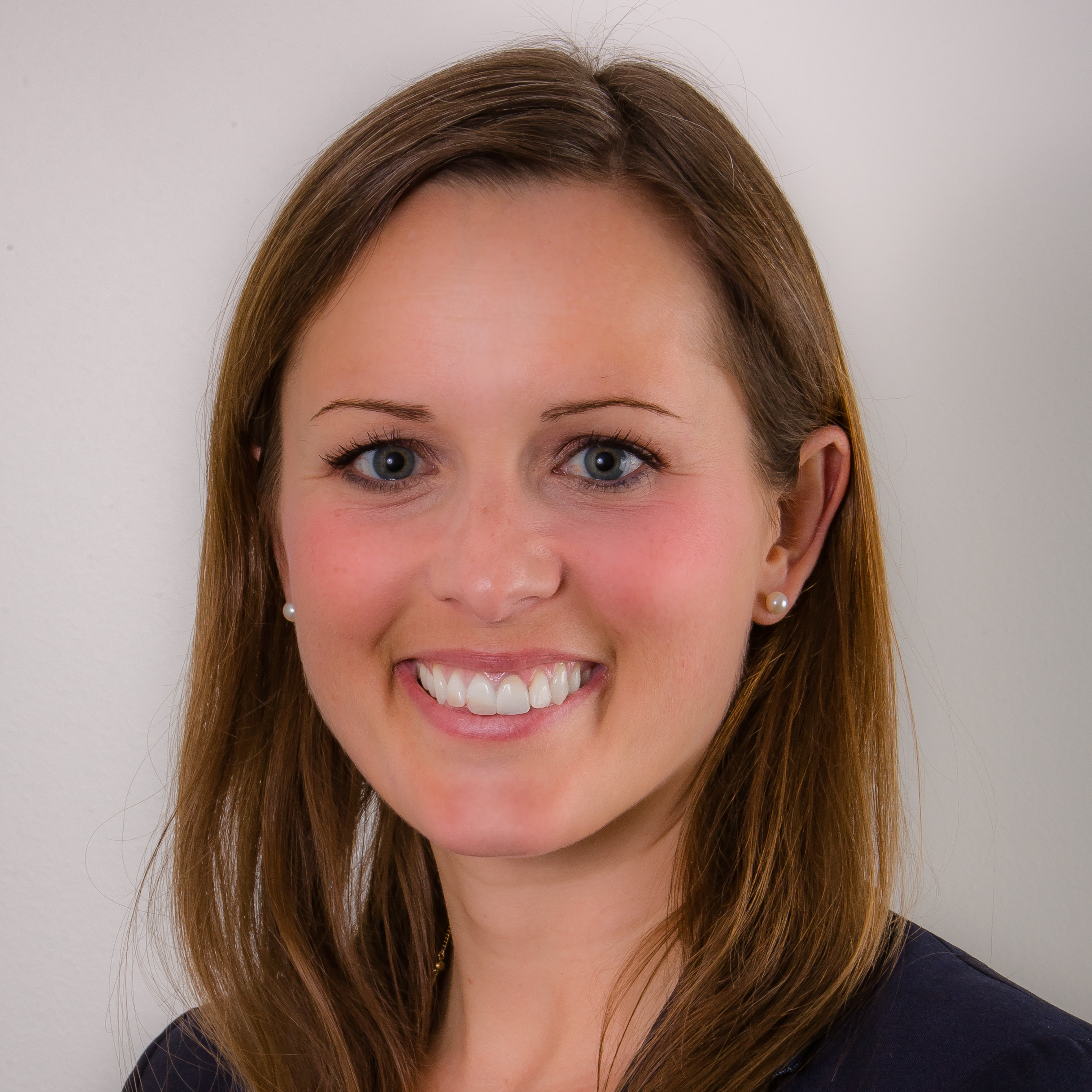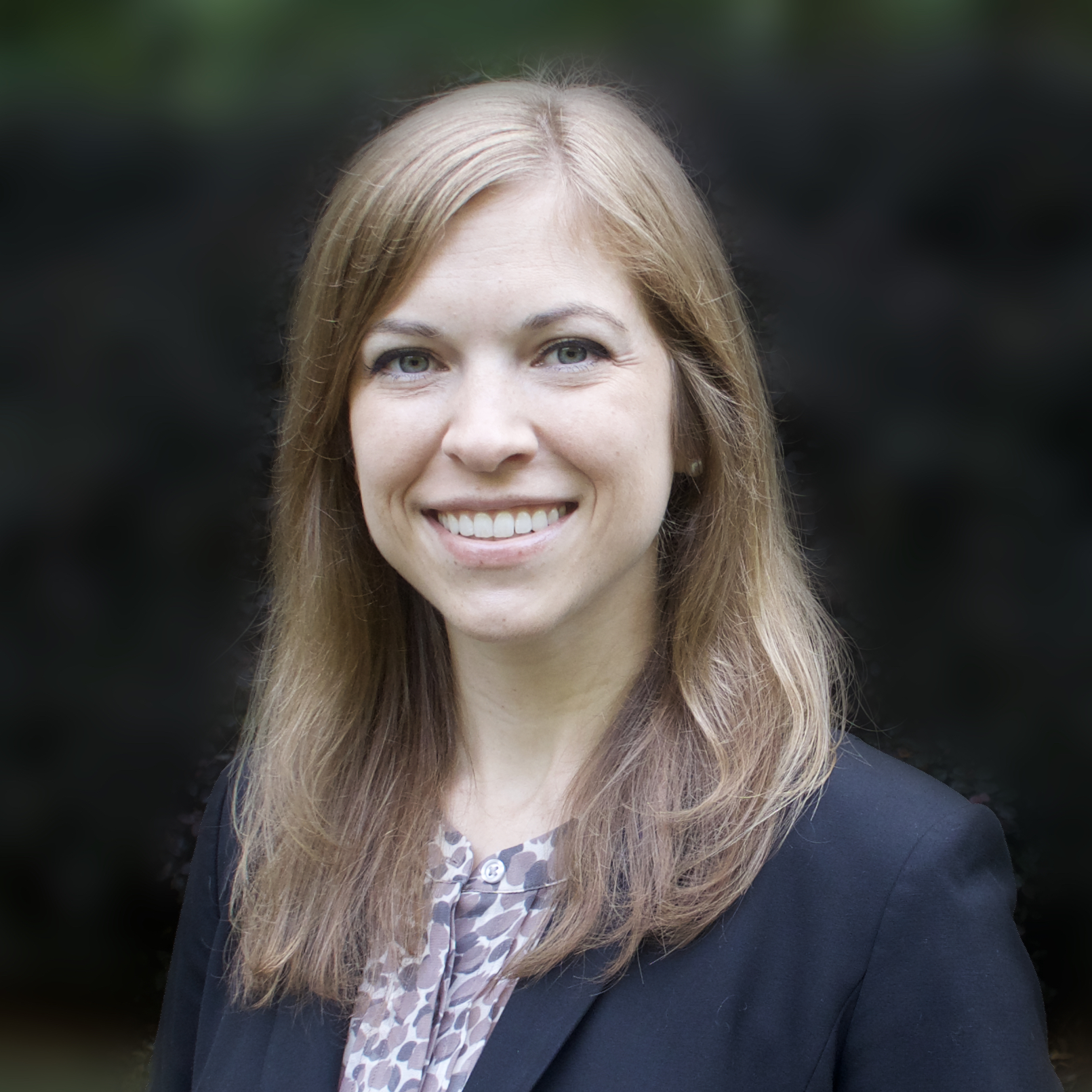A newly established fellowship program in the University of Colorado School of Medicine will help participants prepare for administrative leadership roles in academic medical centers, with a focus on providing guidance and understanding around health care leadership.
The CU School of Medicine Administrative Fellowship Program will welcome its first fellow in summer 2023 to the 12-month, project-based program designed to provide participants with robust, high-level exposure to faculty affairs, finance, research administration, human resources, education administration, and other areas of responsibility in academic medical center leadership.
Fellows will also have the opportunity to observe and participate in decision-making on complex issues involving teaching, research, and clinical care.
“Academic medical centers are less commonly known as a career path in health care leadership, so one of our aims is to expand knowledge of these centers – and particularly of CU – as a great place to work,” explains Lauren Ford, a director of finance and administration in the CU School of Medicine.
Hands-on learning
Ford and Lauren Collins, a director of finance and administration in the CU School of Medicine, began discussing the niche that the fellowship could fill in the CU School of Medicine while sharing what they had gained from completing a similar fellowship at Emory Healthcare in Atlanta.
“The high-level leadership skills that are specific to academic medical centers aren’t as emphasized as the skills fellows gain from fellowships focusing on health care administration, which are more common,” Collins says. “Because we both completed a health care administration based fellowships and have since transitioned into academic medical centers, we understood the value of it and started talking about how we can expand the pipeline of talent.”
Working closely with Brian T. Smith, senior associate dean of administration and finance in the CU School of Medicine, Ford and Collins put together a proposal for the fellowship that outlined everything from a budget justification to a leadership and mentorship structure and curriculum.
“One of our goals was to design the fellowship in a way that was hands-on, so the fellow could complete projects through different rotations and gain really deep exposure to these different areas of administration,” Ford says. “We want to ensure they get a well-rounded experience.”
Growing careers in leadership
Collins and Ford emphasize that early support from School of Medicine leadership, including Dean John J. Reilly Jr., MD, was essential “because otherwise it might be very difficult for the fellow to attend high-level meetings with leadership or to establish mentoring relationships with faculty and staff,” Collins explains.
In presenting the proposal for the fellowship to faculty and staff, Collins says that “we had overwhelming support and people are really excited. There were a lot of comments about potential projects and potential opportunities, because I think people recognize that academic medical centers can benefit greatly from people who are trained specifically to lead them.”
Initially, one fellow will complete the program during the 2023-2024 academic year, but Collins and Ford have plans to grow the program to accommodate more fellows.
“Health care leaders, especially in academic medical centers, are more and more needing to be adaptable and innovative,” Ford says. “Our aim is to help people prepare for all the different career paths open to them in academic medical centers and all the ways they can grow their careers in leadership.”





